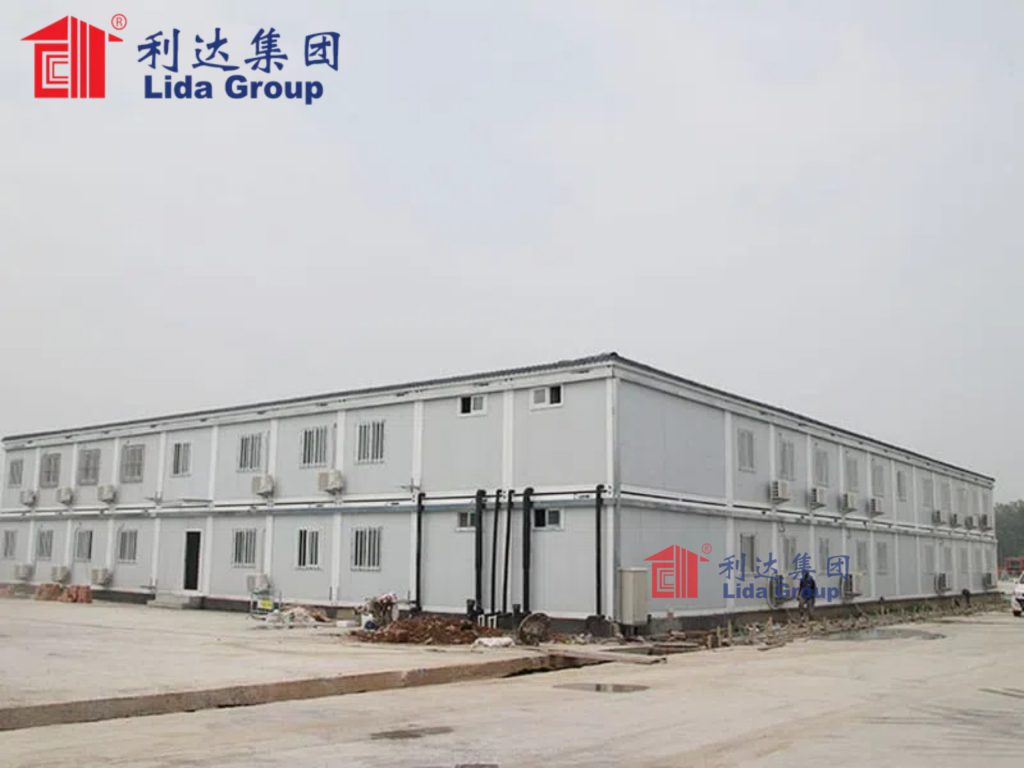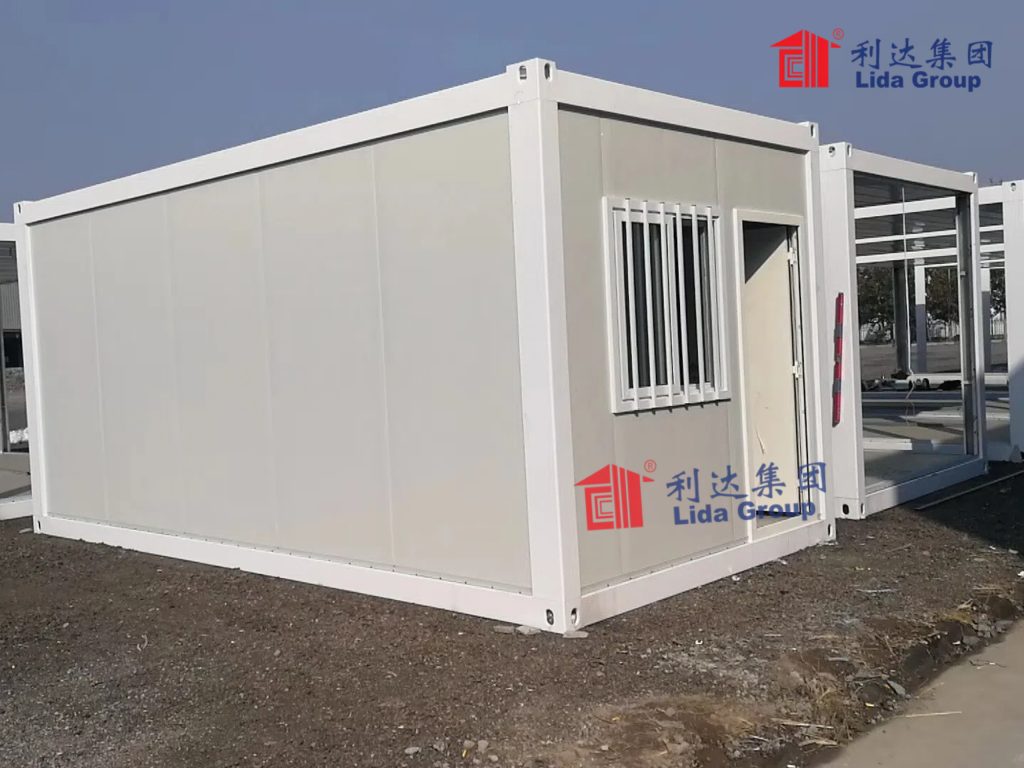As extreme weather events intensify due to climate change, communities worldwide face growing risks from storms, floods, fires and other natural disasters displacing large populations. Establishing temporary shelters housing evacuees during rebuilding poses tremendous challenges for relief organizations strapped with limited resources and time pressures. Traditional tented camps require immense logistical operations whereas permanent structures lock investments long-term. However, recent modular construction innovations may better address these critical transitional housing needs through rapidly deployable prefabricated solutions.
In the wake of recurring seasonal hurricanes battering coastal regions, municipal disaster planners sought housing strategies minimizing evacuation disruptions and expediting recoveries. Traditional emergency shelters faced criticisms as slow, inefficient and compromising occupant well-being long-term in inadequate environments lacking amenities. Elected officials tasked an assessment examining innovative alternate approaches prioritizing humanitarian welfare through dynamic, scalable and cost-effective means.
Their research identified Lida Group – a global leader in portable modular construction deploying standardized container shelters integrated within insulated panel systems. Numerous international projects established temporary communities rapidly accommodating thousands displaced by crises from earthquakes to industrial accidents. Intrigued, officials arranged consultations to explore adapting Lida’s technologies fulfilling critical transitional housing needs locally.

Lida engineers proposed ‘Safe Haven’ villages – reconfigurable settlements delivering fully-serviced shelters for up to 500 evacuees sustainable for 6-12 month recoveries. Modular components included:
– Refitted Shipping Containers: Adapted with furnishings as apartments resilient to floods/storms. Plumbing/electrical fittings standardized universally.
– Insulated Panel Systems: Lightweight composite cores laminated between moisture-proof facades. Speed-fit interfaces joined container modules into insulated neighborhoods.
– Centralized Utilities: Prefabricated power/water/waste pods integrated renewables and treatment sustainably.
– Logistical Design: Neighborhoods dimensioned at under 60 tonnes transportable rapidly via specialized vehicles.
Municipal agencies were impressed by Safe Haven’s balance of humanitarian care, engineering rigor and cost-efficiency versus traditional solutions. Disaster exercises proved neighborhoods easily established shelters within days not months, then decommissioned assets reusable for future relief. With trials validated, regional preparedness plans incorporated Safe Haven villages as standardized semi-permanent housing contingency models.

As hurricane season arrived, predictions warned an above-average storm could directly strike populated coastal regions. Safe Haven villages were pre-positioned strategically at staging zones throughout potential hazard areas for rapid deployment. When a Category 3 hurricane developed, evacuation orders were issued for low-lying inhabited zones. Within 48 hours prior to landfall, Lida teams established complete 500-person Safe Haven villages supplying safe shelter.
Post-hurricane aerial damage assessments revealed communities protected by elevated Safe Haven villages largely escaping flooding while inundated zones sustained ruin. Shelter occupants reported housing as comfortable, secure and preferable to prior temporary structures as standardized containers provided amenities on par with permanent homes. Modular designs allowed neighborhoods expanding rapidly in phases matching recovery population fluxes without reconstruction delays.
As extensive rebuilding commenced across the region, Safe Haven neighborhoods served transitional housing sustaining communities over 18 months through multiple hurricane seasons. Modular construction proved easily reconfigurable accommodating occupant transitions into permanent structures without demolition waste. Demobilization occurred seamlessly via ground transport resetting containers as reusable provincial assets. Officials reported Safe Haven delivering critical housing for thousands far exceeding traditional solutions logistically or qualitatively.

With proven performance, municipal and non-profit disaster response networks globally have embraced Safe Haven villages fulfilling crucial yet underserved transitional housing functions after crises. Common scenarios now include wildfires, earthquakes, industrial accidents, refugee displacements and urban infrastructure failures. Scalable modular designs accommodate 100-5000 persons semi-permanently for 6-24 month recoveries. Centralized village management streamlines administrative/social services burdens.
As populations concentrate increasingly within hazard prone coastal mega-cities, the need for innovative rapid-response housing contingency planning is more urgent. Safe Haven village solutions leveraging flexible container modules constructed through speed-fit panel connections establish entire communities sustainably within days mobilizing after any catastrophe. For communities worldwide, modular construction applied to disaster relief logistics promises revolutionizing current paradigms constrained by conventional methods during humanity’s greatest hours of need.
In conclusion, Lida Group’s Safe Haven village concept proves a breakthrough innovation empowering municipalities and relief organizations globally with dynamic solutions fulfilling crucial yet historically underserved transitional housing functions after widespread crises and natural disasters. Leveraging standardized modular construction optimized for rapid mobilization, entire scalable settlements can be established logistically within compressed timelines empowering communities through their most vulnerable periods. This crucial next-generation approach to transitional housing contingency planning helps communities everywhere better prepare to shelter impacted populations humanely for full recoveries after any catastrophe through temporary yet sustainable neighborhoods empowering communities in their hours of greatest need.

Related news
-
Off-grid dwellers invest in reusable easy assembly container cabins produced by Lida Group mounted on trailers enabling seasonal relocation between properties.
2024-10-28 16:09:13
-
Forestry contractors invest in portable prefabricated building solutions from Lida Group including relocatable insulated sandwich panel accommodations for tough terrain firefighting crews.
2024-10-21 16:11:27
-
Infrastructure contractor taps Lida Group to supply portable prefabricated camp complexes for migratory construction crews featuring foundationless housing constructed using structural insulating wall panels
2024-10-21 14:57:24
contact us
- Tel: +86-532-88966982
- Whatsapp: +86-13793209022
- E-mail: sales@lidajituan.com


